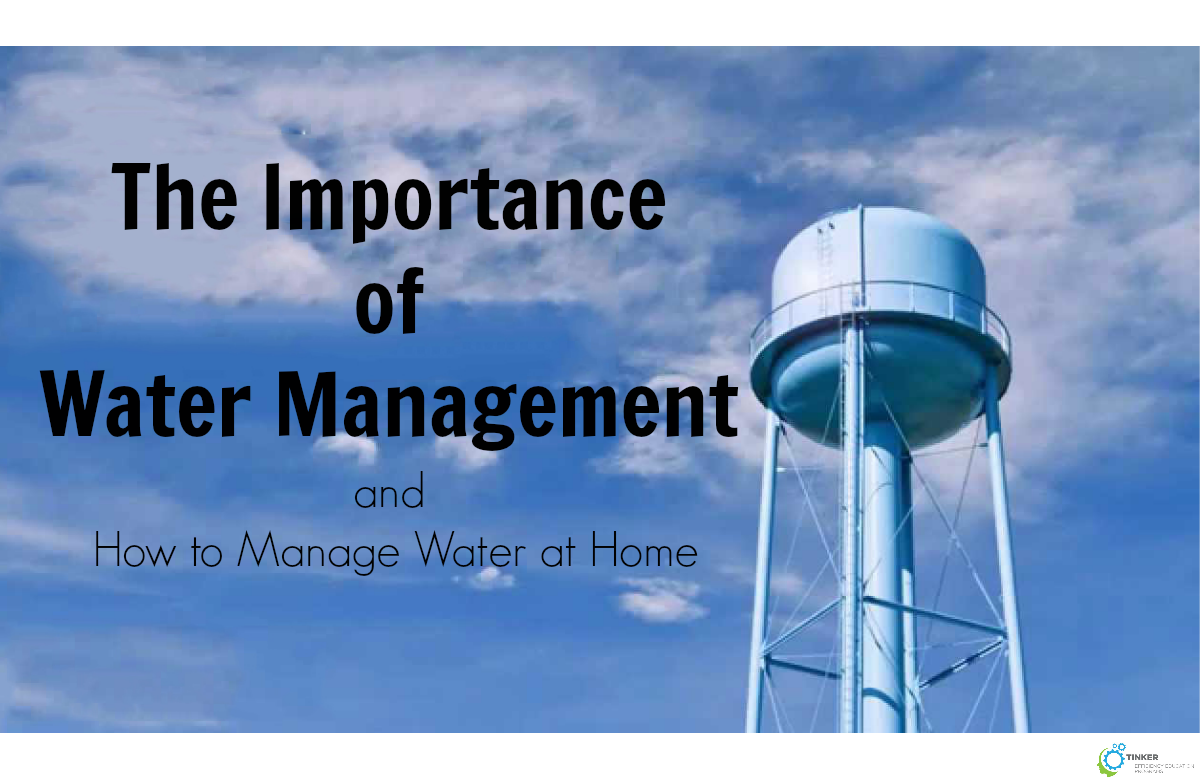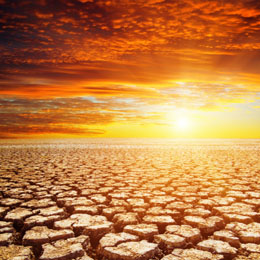The Importance of Water Management
According to the U.S. Department of Agriculture, water management refers to ‘the control and movement of water resources to minimize damage to life and property, and to maximize efficient beneficial use.’
So, what does that actually mean, and why is water management so important? Water management uses the water resources we already have to think about the future. It requires a lot of planning, but an equal amount of action. Because water isn’t as abundant of a natural resource as it once was, water policies have been put into place to help us manage it in the best ways possible. By doing this, we’re creating a more sustainable future and a less-threatening present for our environment.
How Can I Manage Water at Home?
Though water management is typically done on an industrial scale and is cleared through rules and regulations by the government, starting small in your own home is a great way to make an impact. You might not think you’re doing much, but if everyone kept a few of these water management tips in mind for their own home, it would leave a huge mark in conserving our water resources.
So, what can you do immediately to start a water management system of your own? Let’s look at a few easy tips:
- One of the best ways to manage water at home is to determine where you might be losing or wasting it. For example, did you know your toilet could be leaking? Most people don’t. A good way to test this is to add a few drops of food coloring to the toilet tank water. If it goes into the bowl before you’ve flushed, it’s leaking and wasting water. Leaky toilets, faucets, and any irrigation systems should all be tested regularly and replaced as needed. It’s a quick fix that will save you money and manage your water better instantly.

- Try to avoid using water when other means can work just as well. For example, instead of spraying away dirt and debris from your sidewalk with a hose, use a broom. There are many places – especially when cleaning – where water is used unnecessarily.

- Turn water management into a game when it comes to your daily routine. That way, you can get the entire family involved. Create a water management plan for the family that includes things like turning off the water when you brush your teeth or taking showers instead of baths. You can designate ‘winners’ based on who comes up with new ideas for water management, or by how much the water bill gets lowered, etc. The more you can get your children involved in the process, the easier it will be for them to carry on water management practices in their own lives.

As you can see, water management doesn’t have to stick to a huge corporate scale. While it’s important that the government and huge industries develop water management plans, it starts at home and can be just as effective in the long run. These are tips that you can put to good use right away, and start making a difference immediately.





